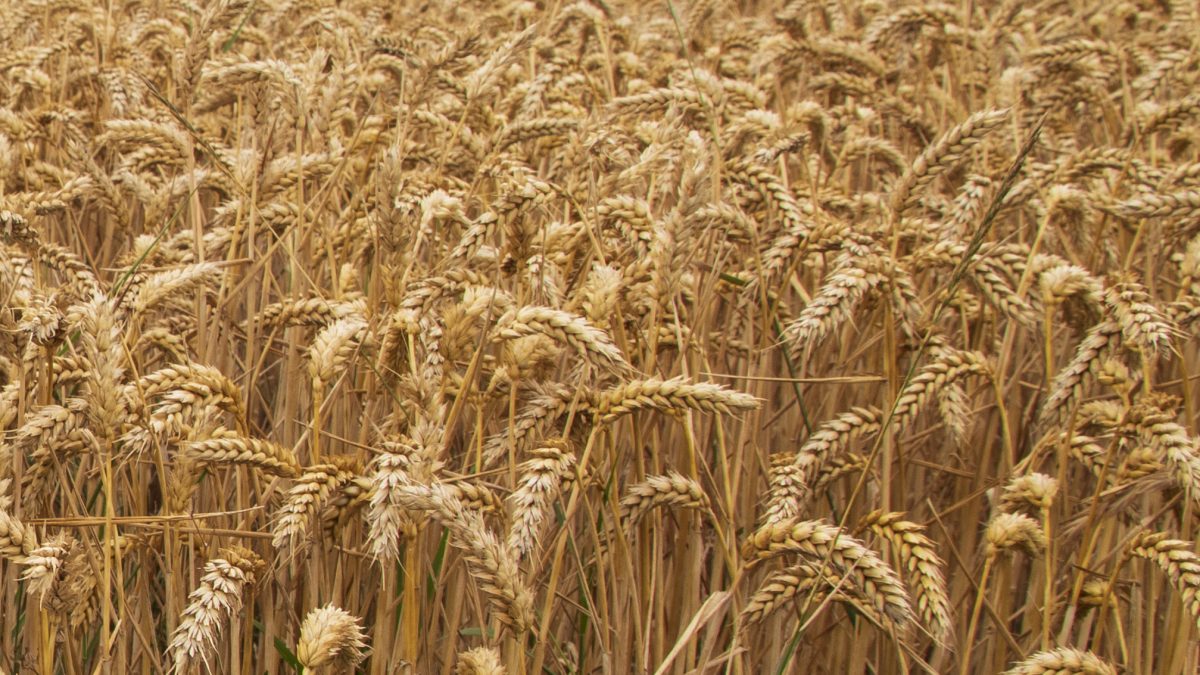As rolling fields of wheat spread out as far as the eye can see, you can but marvel at their majestic beauty. But these amber waves of grain—along with other monocultures, which produce only a limited number of crops and livestock—consume huge amounts of water, contribute to greenhouse gas emissions, and fuel the loss of plant and animal species.
Farming practices that break up such fields and increase diversity have many established environmental benefits, but scientists know little about their human impact.To find out more about social outcomes from agricultural diversification, researchers analyzed data from 24 different studies, which were conducted in 11 countries across more than 2500 farms.
They found that, when farmers adopted diversification strategies, particularly those that promoted soil conservation and the cultivation of diverse livestock mixes, they tended to report having better food security and improved well-being .
These benefits were even greater on farms that implemented multiple diversification strategies, as opposed to just one. Overall, the findings suggest that diversified farming systems aren’t just good for ecosystems—they also produce happier, healthier, and better-fed humans.
The study authors acknowledge that many farmers must work “against the odds,” overcoming myriad structural and financial barriers that make diverse agriculture a struggle to achieve. In the future, they argue, policymakers should enforce stricter regulations on farming practices that harm the environment, while incentivizing strategies that help it heal.
Source: ScienceAdviser












